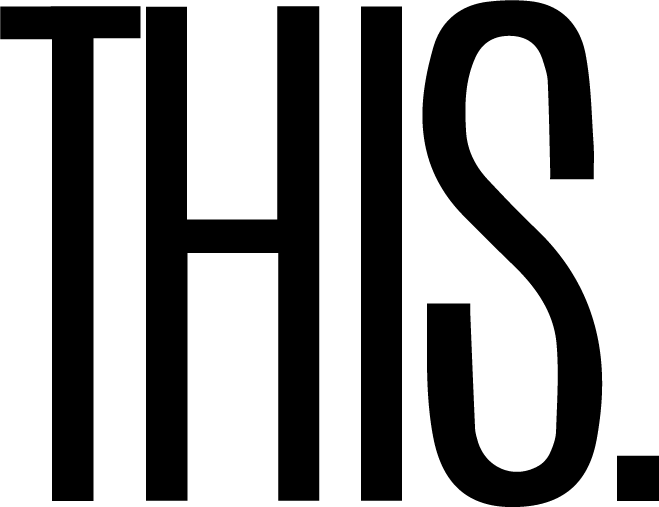R&B singer and songwriter Dru Ryan sincerely appreciates you, the listener, for spending your time listening to his music. The South Jersey native is so grateful that he’d like you share your impressions with him on all social media @druryanmusic.
“If you have taken time to listen to my music and one, or more, of the songs resonated with you, reach out to me and let me know about it,” Dru says. “I want to hear from you.”
You especially want to hear Dru’s newest EP, I Need You to Fight.
Dru Ryan sits down with THISENT.com to discuss his current project, today’s music, and more!
Dru, when did you first realize your passion for music?
I was raised on Gospel music from artists like Bebe and Cece Winans, Commissioned, John P. Kee, Fred Hammond, and Sounds of Blackness. Both of my parents would sing in church choirs when I was young.
Name some of the singers who influenced your sound.
Where do I begin? My first secular song I ever listened to as a kid was R. Kelly’s “When A Woman’s Fed Up”. Maybe that solid lesson is why I take building love as serious as I do.
Other artists include [Michael Jackson], Neyo, Usher, Brian McKnight, John Legend, and legendary groups like The Ebonys, Blue Magic, The Temptations, The Intruders, and the list goes on.
How did you feel about today’s R&B?
I used to worry about R&B losing what made it special. Now it’s simply been redefined by a newer generation of artists that aren’t afraid of mixing various influences. Up tempo R&B is where the party is. Soul music is the expression of everything heartfelt. It’s in a good place and I’m glad to be a part of what’s happening.
Do you feel music streaming services have impacted the game in a positive or negative way?
Streaming has made it easier for those who aren’t as connected or wealthy to get their music and messages heard. Artists don’t have to wait for the major/minor distribution deal that costs a portion of their sales anymore. We can go straight to supporters and build our bases.
You speak a great deal about love and romance in your music. How much of your music is inspired by your own experiences?
Each song on this project is a personal story or situation aside from “Her Love is Suspect”. That’s the only one that is someone else’s story, told by me. I wrote every lyric, lead vocal, ad lib, and harmony on this project.
I also produced the instrumentation for “So Focused” and “Her Love is Suspect”. My engineer, Rob Federicci, tightened up the music for those songs for me. Shout out to him.
The new project, I Need You to Fight, takes on social issues like police brutality. Do you feel artists should take on more social responsibility in their music?
As artists, whether we think about it or not, we are responsible for the music we put out there and the messages we send. I always say that you can shape the attitudes of a generation if you shift the messaging in the music they listen to.
Kids are huge consumers of music, especially with streaming. The images videos project and the stories told [by them] become life imitating art for them. Someone once said, “Drug dealer music brought us drug user music.”
What do you think is the most common misunderstanding acts have about the music business?
This is not a business of “I’ll put a single song out and be famous tomorrow.” It requires work because labels and A&Rs want consistency, an image they can mold to sell, and talent.
These days, you have to build a buzz first to show you’re marketable. Then a label will say, “We want to help you go further.”
Do you have other aspirations outside of music?
Once Covid is no longer a thing I want to get back to putting stamps in my passport and teach younger artists things I’ve learned along the way. I’m also going to go back to school to complete my degree in pediatric psychology. Kids are the future.
You are an independent artist. What would you look for in a major recording deal?
Any deal would have to have a huge focus on sync deals and marketing. More specifically, health and wellness campaigns for “I Need You to Fight”, addiction and treatment campaigns for “So Addicted”, and human rights campaigns for “Change”. If a label can’t help with that, I don’t need them.
People do buy physical CDs still, but a majority of people stream now, so I can handle individual CD orders and CD Baby can handle the bulk orders that any stores would need. I don’t need a label for that. |THIS.
[By Bobby Jenkins]


